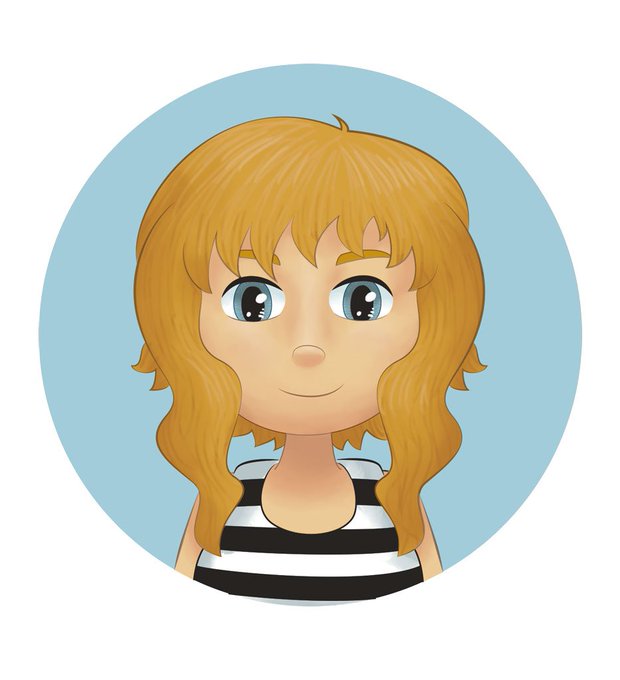duchenneのTwitterイラスト検索結果。 11 件
@money_owns My second charity art "Daylily" is still looking for home.
0.1 ETH
50% of money made will go to children suffering from Duchenne muscular dystrophy 🙏
A portrait, seen in profile, of a man 42 years old, stupefied by the abuse of alcohol; his nose is aquiline, Duchenne de Boulogne, @ngadc https://t.co/8fNgQ1wM2k #wikidata #digitalart #photo (Palette: #Blues) 🖌🎨
I was told to share more about myself, so let's try this crazy idea. II'll start with the basics. I'm a smol fox with duchenne muscular dystropyhy. Did you know Duchenne affects approximately 1 in every 3,500 boys that are born but only around 1 in 50 million girls~ #Vtuber
@michaelramstead inspired me to participate in a #ArtistsWithDisabilities Art Share!
Specifics not required, but do share your art!
I’m Alexei Vella. I have Duchenne Muscular Dystrophy, a disease that affects all the muscles in my body - but I still manage to make images.
No es cierto que con la mascarilla es imposible transmitir una sonrisa. La sonrisa sincera y espontánea se reconoce fundamentalmente en los ojos (sonrisa de Duchenne)
Your Duchenne Smile, My Fakest One
It's okay, isn't it?
#theartworxblogspot #art #artwork #illustration #illustrator #watercolor #watercolorpainting #watercoloronpaper #duchennesmile #fakesmile #smile
CRISPR therapy shows promise in Duchenne muscular dystrophy https://t.co/hpB43Vw5Dr
Autorretrato para mi biografía en "En busca de los colores perdidos".
¡Su crowfunding ya ha llegado a la meta! Aún podéis colaborar, ¡animaos! El dinero restante irá a la investigación de la Distrofia Muscular de Duchenne.
https://t.co/OSrgl86rJ7
#Duchenne #enfermedadesraras
Actualmente estoy realizando las ilustraciones de "En busca de los colores perdidos", un cuento para concienciar sobre la enfermedad de Duchenne. Es un proyecto muy bonito que busca financiarse a través de crowfunding, así que ¡os animo a colaborar!
https://t.co/OSrgl86rJ7
Shocking. In his book "The Expression of the Emotions in Man and Animals" (1872) Charles Darwin used illustrations based on experiments by French neurologist G.Duchenne. He applied electrical currents to people's faces to "...obtain whatever expression one wished to reproduce"


























